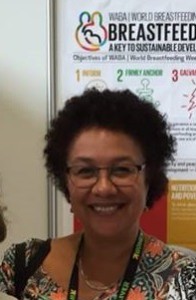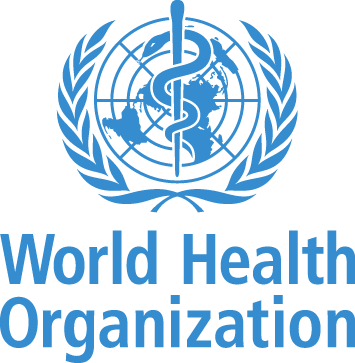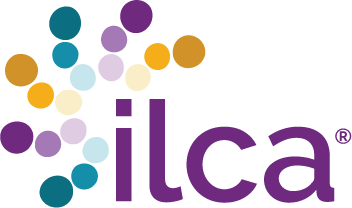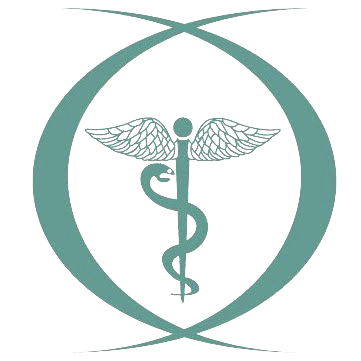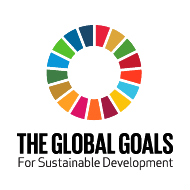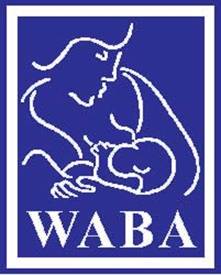We are developing the Working Together Platform (WTP) that will enable celebrants to work with others to achieve long-term goals. Complete the Report Form to receive an e-certificate. Tell us about your collaborative projects and yours may be selected as a pilot project in the WTP! Watch this space for more information.
 SUSTAINABLE PARTNERSHIP
SUSTAINABLE PARTNERSHIP
In 2016, World Alliance for Breastfeeding Action began the 15-year journey to achieving the Sustainable Development Goals (SDGs) by linking each of these goals to breastfeeding. But, we cannot achieve sustainable development without multi-level partnerships at all levels.
The World Breastfeeding Week’s 25th year in 2017 is about working together for the common good!
#WBW2017 will call on advocates and activists, decision-makers and celebrants to forge new and purposeful partnerships. Together, let’s attract political support, media attention, participation of young people and widen our pool of celebrants and supporters.
Only then can we campaign for a generation and commit to achieving the SDGs by 2030.
The World Breastfeeding Week’s 25th year in 2017 is about working together for the common good!
#WBW2017 will call on advocates and activists, decision-makers and celebrants to forge new and purposeful partnerships. Together, let’s attract political support, media attention, participation of young people and widen our pool of celebrants and supporters.
Only then can we campaign for a generation and commit to achieving the SDGs by 2030.
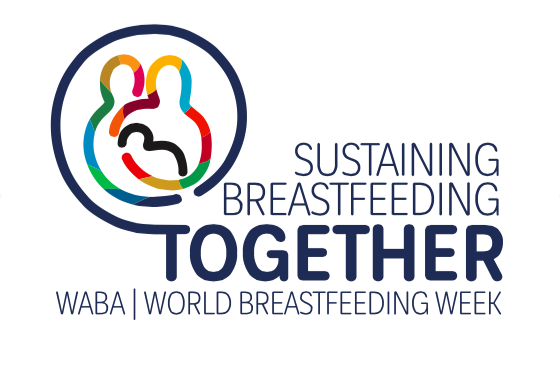
LOGO
2017 World Breastfeeding Week logo
The centre of the logo depicts a 'triad' of two adults and an infant, which reinforces the importance of support. The equal proportions and forms between the two adults symbolise equity and the collaborative act of nurturing – the very core of a successful partnership.
The blue line encircling the triad is consistent with Goal 17 of the SDGs that calls for multi-sectorial collaboration, and builds upon various partnerships for support of our WBW-SDG campaign. The gap in the line connecting the triad to the rest of the logo indicates that there is much to be done in sustaining breastfeeding and we can only achieve global sustainable development together – through collaboration.
The logo was designed by Ammar Khalifa and commissioned by WABA which owns the copyright.
The centre of the logo depicts a 'triad' of two adults and an infant, which reinforces the importance of support. The equal proportions and forms between the two adults symbolise equity and the collaborative act of nurturing – the very core of a successful partnership.
The blue line encircling the triad is consistent with Goal 17 of the SDGs that calls for multi-sectorial collaboration, and builds upon various partnerships for support of our WBW-SDG campaign. The gap in the line connecting the triad to the rest of the logo indicates that there is much to be done in sustaining breastfeeding and we can only achieve global sustainable development together – through collaboration.
The logo was designed by Ammar Khalifa and commissioned by WABA which owns the copyright.
COPYRIGHT NOTICE
COPYRIGHT NOTICE: WABA asserts all rights under the Berne Convention over the image known as SDG-WBW17, displayed here. This copyright is subject to fair use, with appropriate attribution to WABA. The image may be used in celebrating World Breastfeeding Week and other activities related to the protection, promotion and support of breastfeeding. The image must not be changed in any way or used in any way that damages WABA's reputation, whether by content, context or association. Permission must always be sought before the image is used in any commercial activity. The image known as SDG-WBW must not be used in any activity sponsored by companies producing or marketing breastmilk substitutes, related equipment and complementary foods. WABA encourages the reporting of any breach of this ethical stance to [email protected]
Objectives of WABA World Breastfeeding Week 2017
 INFORM:
INFORM: understand the importance of working together across the 4 Thematic Areas
 ANCHOR:
ANCHOR: recognise your role and the difference you make within your area of work
 ENGAGE:
ENGAGE:
reach out to others to establish areas of common interest
 GALVANISE:
GALVANISE: work together to achieve the SDGs by 2030
Sustainable development is essentially about ecology, economy and equity.
Click here to to view possible links between each of the Sustainable Development Goals (SDGs) and Breastfeeding.
NO POVERTY
Breastfeeding is a natural and low-cost way of feeding babies and children. It is affordable for everyone and does not burden household budgets compared to artificial feeding. Breastfeeding contributes to poverty reduction.
ZERO HUNGER
Exclusive breastfeeding and continued breastfeeding for two years and beyond provide high quality nutrients and adequate energy and can elp prevent hunger, undernutrition and obesity. Breastfeeding also means food security for infants.
GOOD HEALTH AND WELL
BEING
Breastfeeding significantly improves the health, development and survival of infants and children. It also contributes to improved health and wellbeing of mothers, both in the short and long term.
QUALITY EDUCATION
Breastfeeding and adequate complementary feeding are fundamentals for readiness to learn. Breastfeeding and good quality complementary foods significantly contribute to mental and cognitive development and thus promote learning.
GENDER EQUALITY
Breastfeeding is the great equaliser, giving every child a fair and best start in life. Breastfeeding is uniquely a right ofwomen and they should be supported by society to breastfeed optimally. The breastfeeding experience can be satisfying and empowering for the mother as she is in control of how she feeds her baby.
CLEAN WATER AND SANITATION
Breastfeeding on demand provides all the water a baby needs, even in hot weather. On the other hand, formula feeding requires access to clean water, hygiene and sanitation.

AFFORDABLE AND CLEAN ENERGY
Breastfeeding entails less energy when compared to formula production industries. It also reduces the need for water, firewood and fossil fuels in the home.
DECENT WORK AND ECONOMIC GROWTH
Breastfeeding women who are supported by their employers are more productive and loyal. Maternity protection and other workplace policies can enable women to combine breastfeeding and their other work or employment. Decent jobs should cater to the needs of breastfeeding women, especially those in precarious situations.
INDUSTRY, INNOVATION AND INFRASTRUCTURE
With industrialisation and urbanisation the time and space challenges become more prominent. Breastfeeding mothers who work outside the home need to manage these challenges and be supported by employers, their own families and communities. Crèches near the workplace, lactation rooms and breastfeeding breaks can make a big difference.
REDUCED INEQUALITIES
Breastfeeding practices differ across the globe. Breastfeeding needs to be protected, promoted and supported among all, but in particular among poor and vulnerable groups. This will help to reduce inequalities.
SUSTAINABLE CITIES AND COMMUNITIES
In the bustle of big cities, breastfeeding mothers and their babies need to feel safe and welcome in all public spaces. When disaster and humanitarian crises strike, women and children are affected disproportionately. Pregnant and lactating women need particular support during such times.
RESPONSIBLE CONSUMPTION AND PRODUCTION
Breastfeeding provides a healthy, viable, non-polluting, non-resource intensive, sustainable and natural source of nutrition and sustenance.
CLIMATE ACTION
Breastfeeding safeguards infant health and nutrition in times of adversity and weather-related disasters due to global warming.
LIFE BELOW WATER
Breastfeeding entails less waste compared to formula feeding. Industrial formula production and distribution lead to waste that pollutes the seas and affects marine life.
LIFE ON LAND
Breastfeeding is ecological compared to formula feeding. Formula production implies dairy farming that oft
en puts pressure on natural resources and contributes to carbon emissions and climate change.
PEACE AND JUSTICE STRONG INSTITUTIONS
Breastfeeding is enshrined in many human rights frameworks and conventions. National legislation and policies to protect and support breastfeeding mothers and babies are needed to ensure that their rights are upheld.
PARTNERSHIPS FOR THE GOALS
The Global Strategy for Infant and Young Child Feeding (GSIYCF) fosters multi-sectorial collaboration, and can build upon various partnerships for support of development through breastfeeding programs and initiatives.
WABA's work, including World Breastfeeding Week, is made possible through the generous support of Sida, the Swedish International Development Cooperation Agency.
In coordinating World Breastfeeding Week, WABA works closely with many organisations and individuals. Our partners in this effort include the United Nations Children's Fund (UNICEF), World Health Organisation (WHO), as well as our core partners : the Academy of Breastfeeding Medicine (ABM), International Baby Food Action Network (IBFAN), International Lactation Consultant Association (ILCA), La Leche League International (LLLI) and Wellstart International.
WABA does not accept sponsorship of any kind from companies producing breastmilk substitutes, related equipment and complementary foods. WABA encourages all participants of World Breastfeeding Week to respect and follow this ethical stance.
In coordinating World Breastfeeding Week, WABA works closely with many organisations and individuals. Our partners in this effort include the United Nations Children's Fund (UNICEF), World Health Organisation (WHO), as well as our core partners : the Academy of Breastfeeding Medicine (ABM), International Baby Food Action Network (IBFAN), International Lactation Consultant Association (ILCA), La Leche League International (LLLI) and Wellstart International.
WABA does not accept sponsorship of any kind from companies producing breastmilk substitutes, related equipment and complementary foods. WABA encourages all participants of World Breastfeeding Week to respect and follow this ethical stance.










